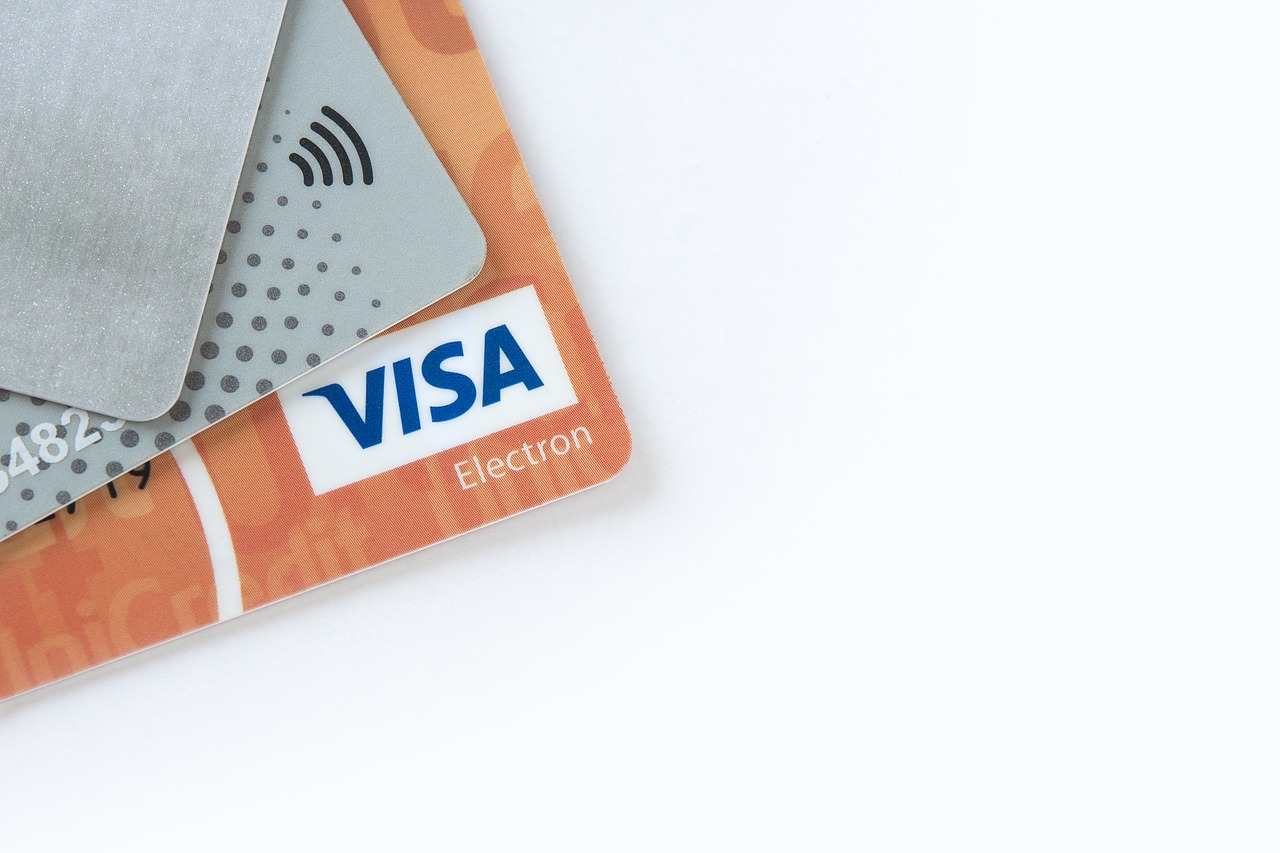For the millions of Americans still expecting to receive stimulus payments from the IRS in the form of a paper check, there may be a surprise coming in their mailbox soon. It may come as a surprise to tax professionals too, so be prepared.
The U.S. Treasury Department has announced that the IRS will begin sending out four million stimulus payments on prepaid debit cards this week instead of mailing paper checks. With these so-called “Economic Impact Payments” (EIP) cards, clients can make purchases, get cash from in-network ATMs and transfer funds to their personal bank account without incurring any fees. They may also check their card balance online, by mobile app or by phone at no cost.
The EIP cards can be used online, at ATMs or at any retail location where Visa is accepted. This free, prepaid card also provides consumer protections available to traditional bank account owners, including protections against fraud, loss and other errors. It will include instructions on how to activate and use the cards.
“Treasury and the IRS have been working with unprecedented speed to issue Economic Impact Payments to American families. Prepaid debit cards are secure, easy to use, and allow us to deliver Americans their money quickly,” said treasury Secretary Steven T. Mnuchin in a press release. “Recipients can immediately activate and use the cards safely.”
The standard stimulus payment is $1,200 for single filers or $2,400 for joint filers. In addition, parents may receive $500 for each qualified child. But these amounts are phased out based on income levels.
EIP cards will be available to taxpayers who don’t have bank account information on file with the IRS. Currently, they are being distributed to those who had tax returns processed by either the Andover or Austin IRS Service Centers. If this applies to clients, give them a head’s up that that the debit cards are coming. They will likely appreciate this timely information.
The IRS began distributing economic stimulus payments in April via direct deposit to taxpayers who had up-to-date information on file. It followed up with payments by paper check starting in mid-May. However, the agency estimated it might take as long as four to five months to mail out the millions of remaining checks. Now it says that sending four million prepaid debit cards will cut down on the time.
The U.S. Treasury has already delivered more than 140 million payments worth $239 billion to taxpayers by direct deposit to accounts at financial institutions, Direct Express card accounts and by check.
EIP Cards are part of the Treasury’s U.S. Debit Card program providing prepaid debit card services to federal agencies for the electronic delivery of non-benefit payments. MetaBank was selected as the Treasury’s financial agent for the U.S. Debit Card program in 2016 following a competitive selection process conducted by the Bureau of the Fiscal Service.
Finally, be aware that some are viewing the use of the EIP cards as a test for future stimulus payments, if any are forthcoming. If all goes well, this might be a simpler and faster approach to distributing money to taxpayers.
Thanks for reading CPA Practice Advisor!
Subscribe Already registered? Log In
Need more information? Read the FAQs
Tags: Accounting, Income Taxes




